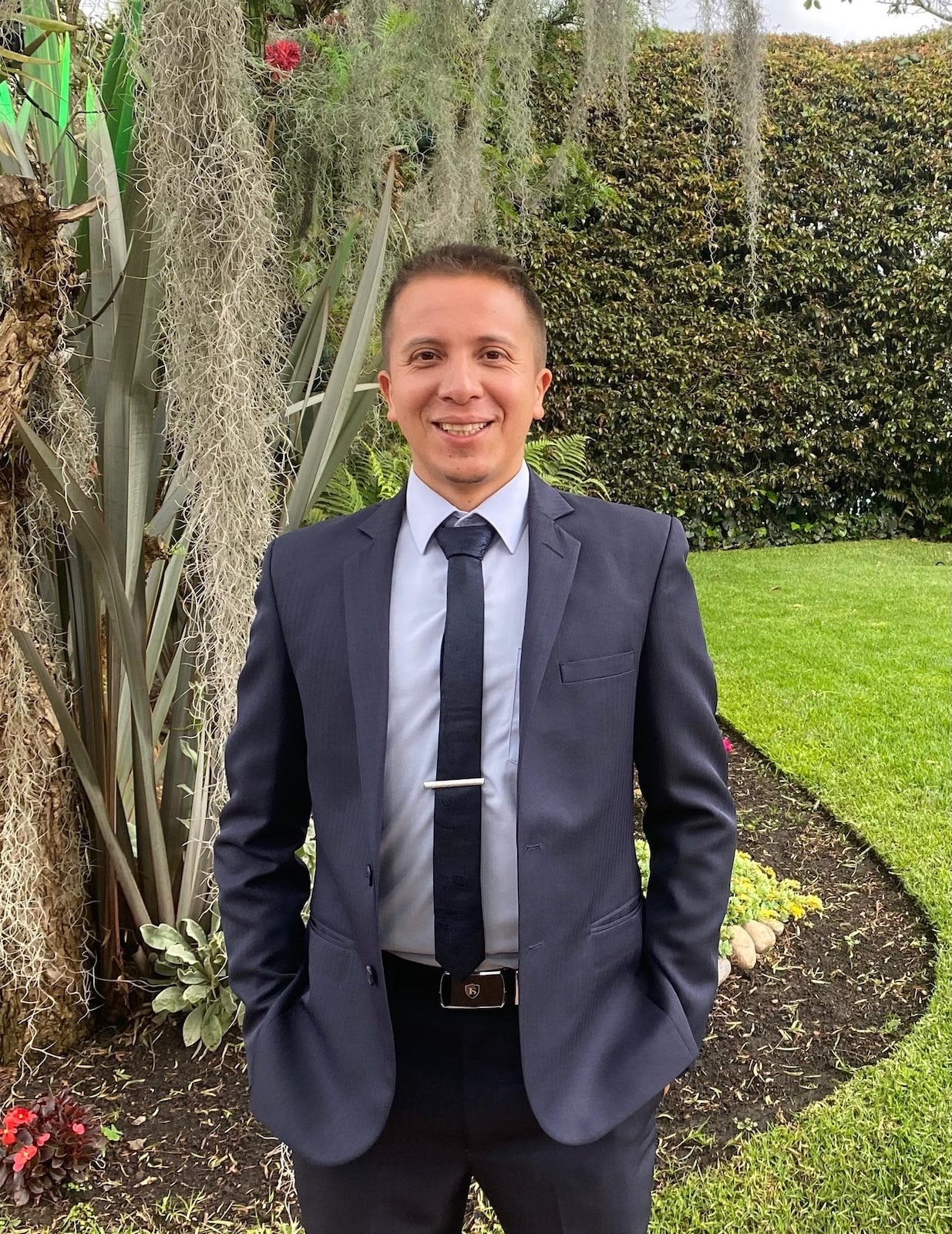Working to heal a history of harm in Colombia with restorative practices
Daniel Rios is a current IIRP graduate degree student who works at the Council for Peace, Victims, and Reconciliation in Bogotá City Hall, Colombia, where he designs and implements restorative strategies to promote participation and reconciliation in communities affected by ongoing armed conflict. He also serves as a restorative practices facilitator at Human Partner, leading processes in school and community settings to foster positive relationships and promote nonviolence. In 2016 the government of Colombia signed a historic peace agreement with the largest guerrilla group in the country, the Revolutionary Armed Forces of Colombia (FARC). Despite this agreement, violence and its effects still ripple through communities across the country. Daniel discusses serving those affected by this ongoing political conflict, utilizing restorative practices to bring peace and reconciliation to victims, former insurgents, and the larger community.
In 2023 Daniel was featured on Restorative Works! Podcast. Check out his episode, Discovering what is held dear with Daniel Rios, connecting and correcting with young offenders in Colombia.
Q: What brought you to the IIRP?
A: I lived abroad for many years, and when I returned to Colombia, I wanted to contribute to peacebuilding in my country. A good friend of mine, Iván Torres, invited me to join the Bogotá Juvenile Restorative Justice Program, where I worked for over four years. Iván explained to me that restorative justice was key to building peace from the foundation of our society. As I got involved, I realized I wanted to deepen my knowledge of the topic and specialize in it. This led me to enroll in the Master of Science in Restorative Practices graduate degree program at the IIRP. The support from the IIRP, particularly being awarded the Impact Scholarship, has made it possible for me to pursue this program. The IIRP team has been incredibly kind and supportive throughout my studies, which I truly appreciate.
Q: Please tell us about your restorative work now and what makes you passionate about it.
A: Currently, I work at Bogotá’s City Hall in the Council for Peace, Victims, and Reconciliation, where I focus on promoting participation with victims of conflict, former combatants, and the surrounding society in restorative initiatives linked to the Peace Agreement signed with the FARC. This agreement marked the end of over 50 years of armed conflict and established transitional justice as a path to truth, reparation, and reconciliation.
In parallel, I collaborate with Human Partner, an organization led by Evert Silva, who was trained by the IIRP and has been one of my mentors here in Colombia. His vision and commitment have allowed the principles promoted by the IIRP to resonate deeply in our communities. At Human Partner, we implement restorative practices in school and community settings, fostering positive relationships, preventing violence, and promoting peace through education. In both roles, a restorative approach is my primary tool for fostering dialogue, repairing harm, and rebuilding relationships in affected communities.
Q: What would you like to see in the future of this work?
A: I hope restorative practices continue to expand as an effective tool in various fields, from transitional justice to school and community settings. I’d love to see more people and organizations trained in restorative practices to address conflicts constructively and strengthen the social fabric, especially in contexts where violence and pain have left deep scars.


